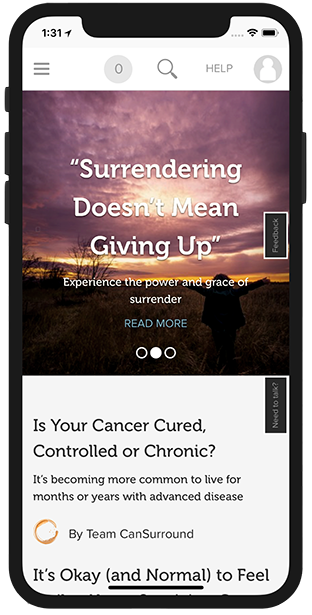Social Support and Quality of Life During Cancer Treatment
- jill92351
- Jan 10, 2018
- 1 min read

Lean on me when you're not strong
Bill Withers had it right when he sang, “We all need somebody to lean on.” But can we assume patients with a strong social group at cancer diagnosis still have the support they need to carry on a year or two after surgery?
A total of 857 patients with colorectal cancer participated in the CREW cohort study, published in Psycho-Oncology. At baseline, 3, 9, 15, and 24 months postsurgery, researchers assessed social support and health-related quality of life. From baseline to 2 years, almost a third of patients felt their social support had declined and 8% reported very low levels of support. As a result, these patients experienced poor generic health and QoL, reduced well-being, depression, and anxiety. Female gender, older age, greater neighborhood deprivation, co-morbidities, and rectal cancer increased chances of patients feeling a lack of social support. The authors conclude, “Assessment of support early on and throughout follow-up would enable targeted interventions to improve recovery, particularly in the more vulnerable patient groups at risk of poorer social support.”
























Comentarios